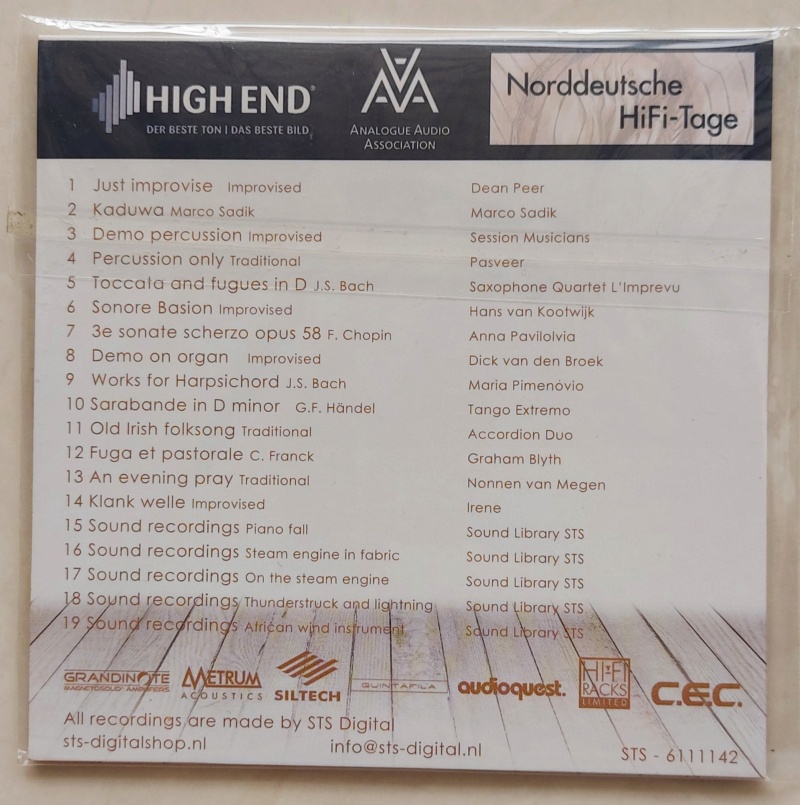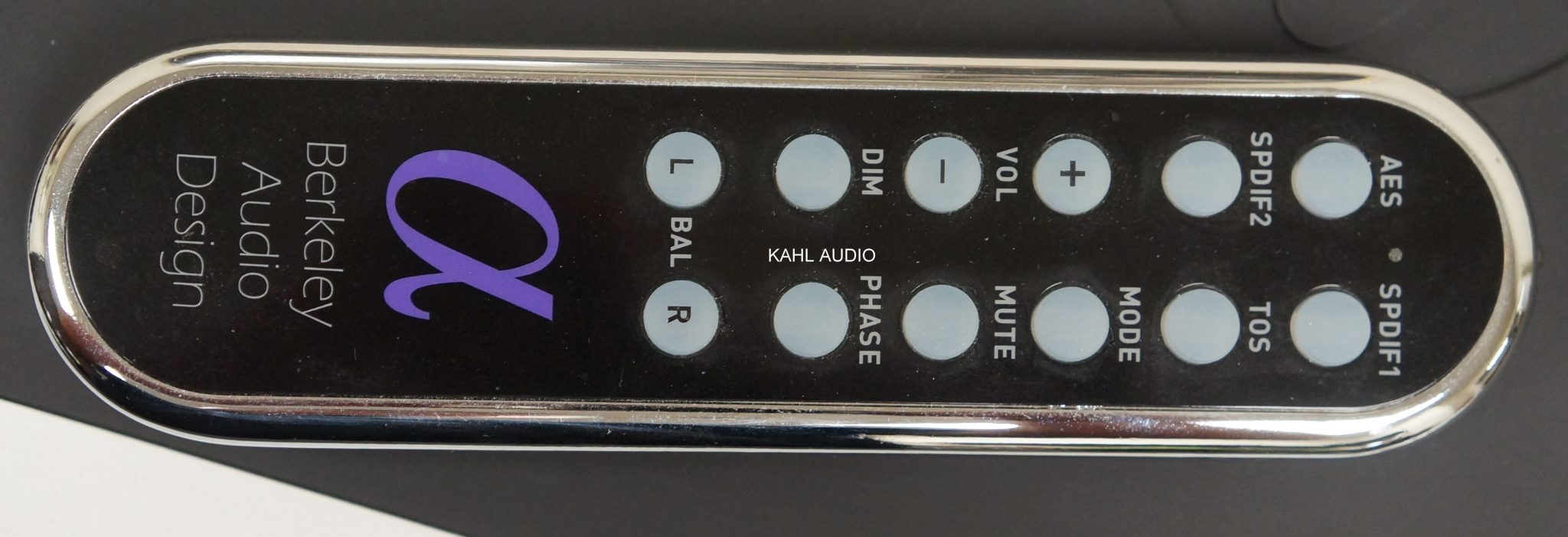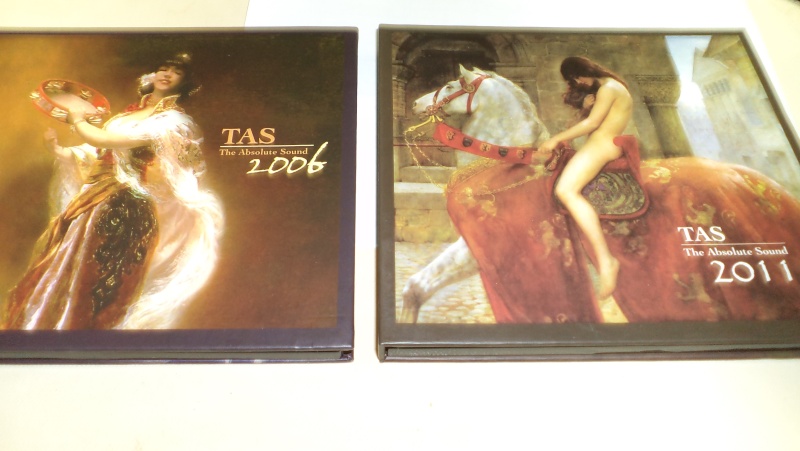

Again, all these technologies sound wildly different and they can’t all be right. Speakers-where do I start? Planar magnetic, electrostats, acoustic suspension, ported, transmission lines, horns, bipolar, dipolar, omni, and on and on. Again, they all can’t be right and there is another fisticuff session waiting to spill out into the street on whose “right.”Īnd while we are mentioning gear, there is no consensus on balanced or unbalanced, but each camp damn sure thinks they are right. Each sounds wildly different from the other. Now we have broken down into single-ended Class A, push-pull Class A, push-pull Class A/B, triode vs. Tube lovers can’t agree on anything except the fact they love tubes. They all sound different, so they all can’t be “right” or represent the “absolute sound.” We have Class A, Class A/B, and Class D to name but a few. We can’t get people who love SS to agree on what is the best sounding SS and who makes it. And even if we used the same ingredients, it wouldn't sound the same unless we all had identical rooms which is never going to happen. We are never going to boil this down into a simple stew based on a common set of ingredients. I didn't hear anyone saying it was "too hard." I did hear lots of people give legitimate reasons on why your ideas are not very practical. I didn't hear anyone crying when I read their responses. I think it would devolve into fisticuffs and comments about whose mama was working which street corner. Back when HP was king and ruled the audio landscape with an iron typewriter, he was able to get that definition to stick and be accepted as “the truth.” Nowadays, I don’t think we could get a consensus of non-consensual audiophiles to buy into that definition. To paraphrase, it was something like the sound of live unamplified instruments played in a real space. HP gave everyone his definition of the absolute sound many years ago. With regards to chasing the “absolute sound,” I’m beginning to think that is as mythical as chasing Big Foot and the Loch Ness monster. I think each of us makes a decision on how close we think we are to achieving fidelity to the source based on our experience with hearing music played live (or not) and our memory of how our reference recordings used to sound on past gear we owned. But based on gear, room size, etc., the recordings are never going to sound the same from one person’s system to another. Now, do I think it would be cool if we all had a standard list of recordings that we could say were good enough to be reference recordings and we could use those recordings to bounce off of each other and see if we are close to hearing the same thing? Sure, it would be a fun exercise. Hell, we can’t even agree what the “absolute sound” is let alone agree on a system/component/speaker/wire that will bring you the mythical “absolute sound.” NO ONE has ever devised a complete system that I’m aware of that was run up the flag pole as the “absolute sound” and everyone saluted it. One thing that I have learned over the years is that audiophiles can’t agree on anything and that’s why audio gear comes in more flavors than Baskin Robbins.


Elliot’s tone and content has now degenerated into an argumentative stance that borderlines on inferring that anyone who doesn’t agree with him is a dolt. This thread started out as somewhat interesting although I knew it was doomed to failure.


 0 kommentar(er)
0 kommentar(er)
